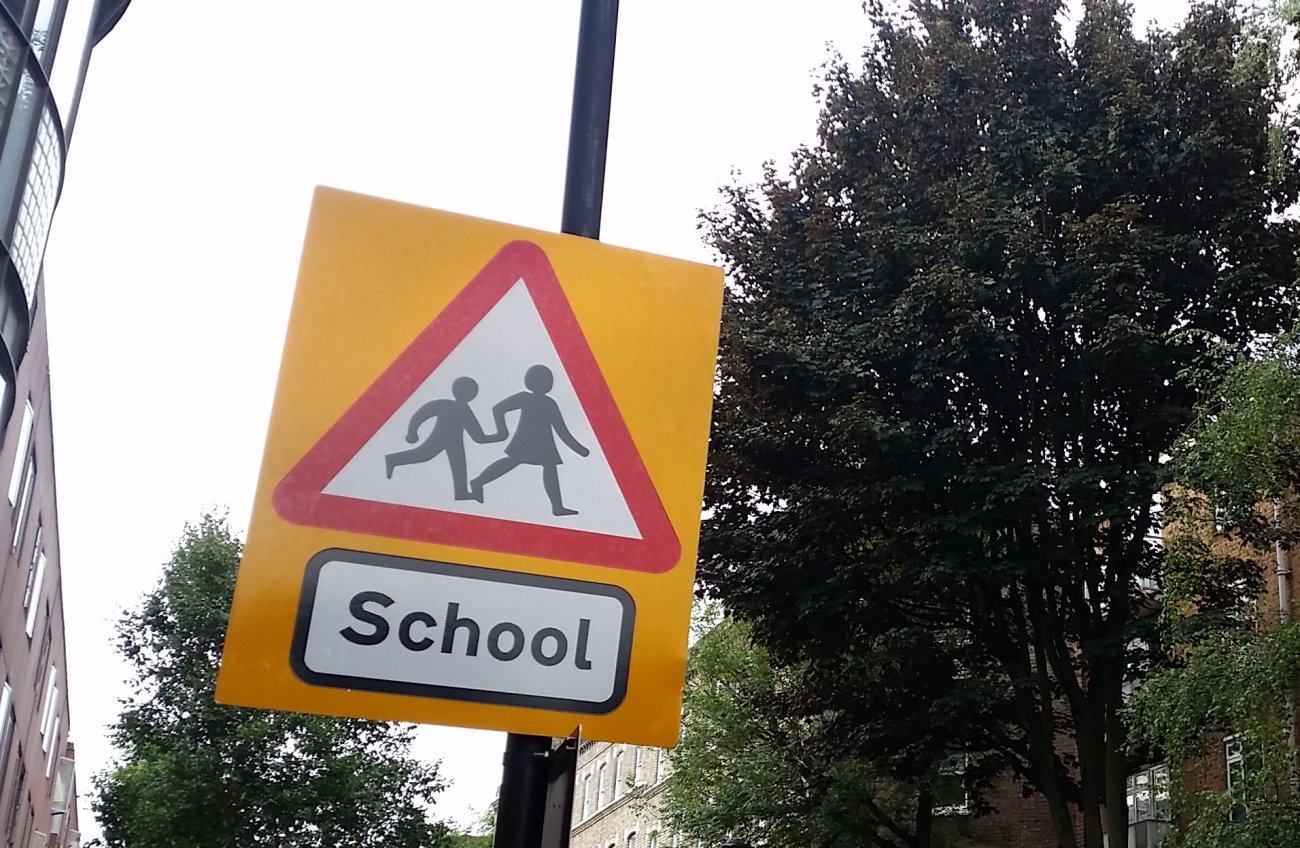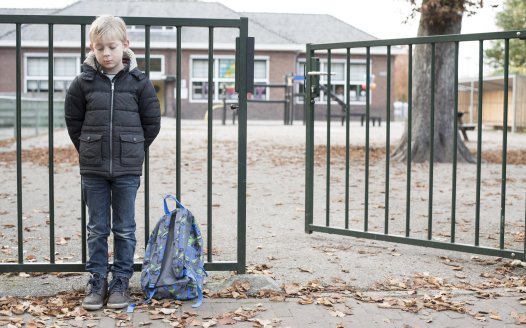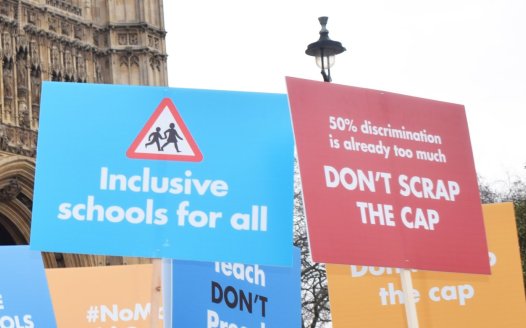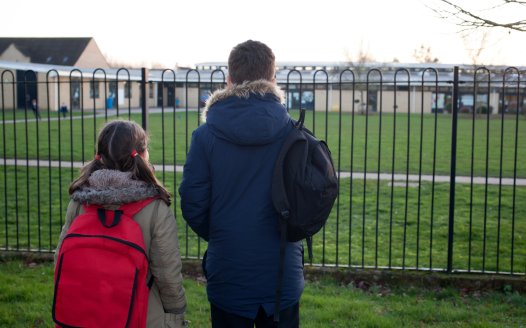End faith-based selection to promote fairer admissions, NSS says
Posted: Fri, 1st May 2020
Faith schools' ability to select pupils on religious grounds presents an "unnecessary barrier" to efforts to improve the socio-economic diversity of schools' intakes, the National Secular Society has said.
The NSS made the point in response to a consultation held by The Sutton Trust, which champions social mobility in education and is aiming to create guidance on admissions policies.
The NSS, which campaigns against religious discrimination in school admissions, noted that extensive research (see below) has found religious selection undermines efforts to promote diversity.
NSS response
In its consultation response, the NSS noted that:
- Exemptions within the Equality Act of 2010 make it lawful for faith schools to discriminate against pupils on the grounds of religion or belief. The society called for these exemptions to be removed.
- Faith schools are permitted to prioritise children on a religious basis in their admissions policies when oversubscribed.
- Oversubscribed voluntary aided faith schools and many academies are allowed to prioritise children on a religious basis in up to 100% of their places.
- Faith schools often use complex oversubscription criteria when allocating places.
NSS spokesperson Megan Manson said: "Religious selection in school admissions is both unfair on the children and families it affects and bad for society, as it encourages segregation and normalises discrimination.
"Any serious effort to promote diversity in schools' intakes should seek to tackle this issue. We hope the Sutton Trust will recommend closing the loopholes in equality legislation which allow religious selection, which would be the best way to achieve this."
Impact of faith-based education and selection on diversity: research
- In 2016 a Sutton Trust analysis found it was "generally true" that non-religious schools were "not particularly socially selective" while "Roman Catholic and other religious primary schools are, regardless of governance status".
- The same analysis found that socially selective primary schools tended to use "lengthy and more complex oversubscription criteria".
- In 2013 the trust's research also found that six per cent of all parents with a child at a state school admitted to attending church services specifically to get their child into a faith school. Wealthier families were more likely to do this.
- In 2016 government data found that the intake in free schools designated for minority faiths in England had been predominantly from pupils from similar ethnic backgrounds.
Read more: Discrimination, inconvenience, unfairness: the harm caused by faith school admissions – blog by Megan Manson for No More Faith Schools.
Share your story
Secularism isn't just about moral or theoretical arguments, it's about people's real lives. Telling your story can help our campaigns and others in similar situations.









